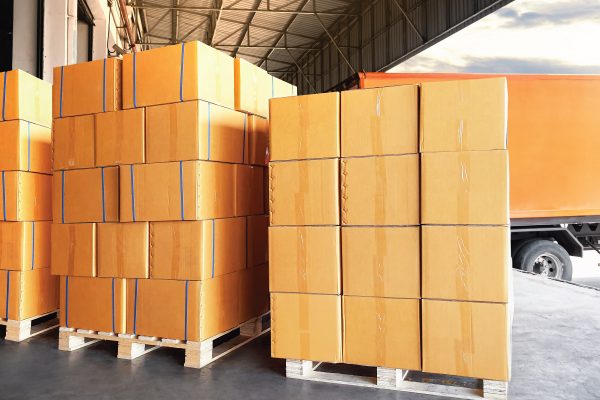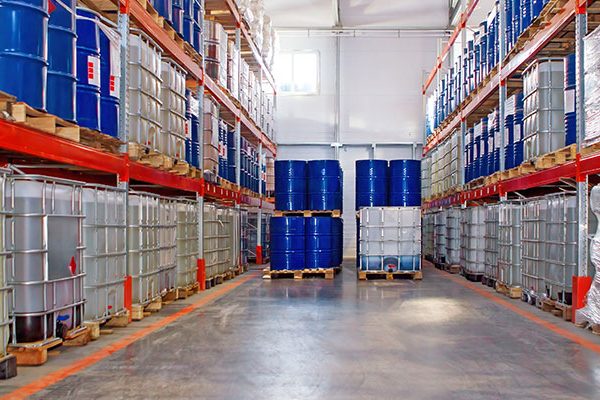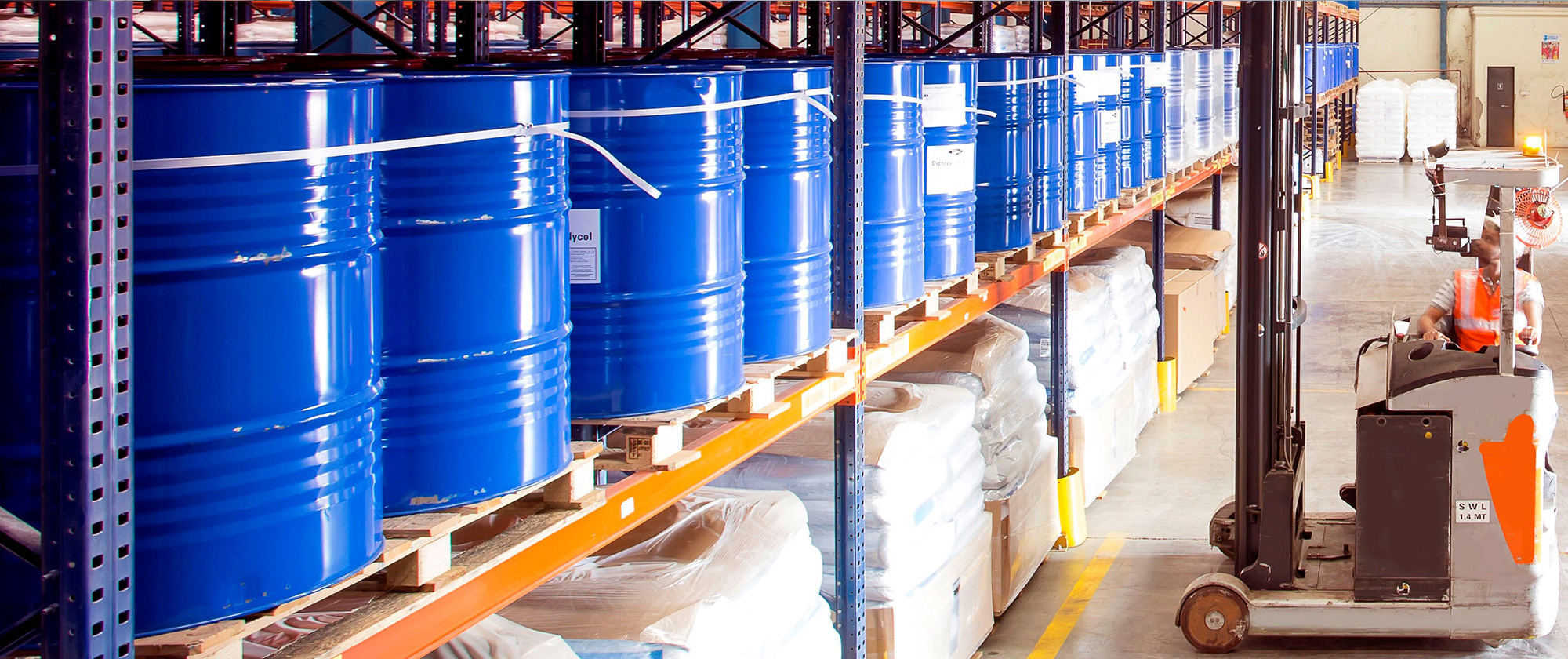Storage of chemicals—often hazardous and unpredictable substances—isn’t something to be trifled with. Chemical properties need to be minutely analysed and reckoned with, specialised storage containers and facilities too need to be built and safety norms need to be stringently enforced to ensure that accidents, injuries and death are minimised. Chemicals require special care in handling, transporting, and storing to prevent safety hazards such as combustion, contamination, fire, explosions and spoilage.
For much of the past century, mankind has managed its trust with chemicals with mixed luck. While some breakthroughs such as Penicillin and Polythene have been pioneering, we have also struggled to manage the destructive capabilities of these substances. Mishandling has caused untold human suffering, death and injuries. Industrial complexes were obliterated, ships sunk, and billions of dollars of business went up in smoke (or sunk to the bottom of the ocean), when we failed to safely manage and store these chemicals. For chemical makers and users alike, their safe storage has become a non-negotiable business imperative.
Chemical manufacturers and the third-party logistics partners that serve them, tackle enormous challenges to keep the industry moving. The chemical supply chain comprises these and myriad other products, many of which require special care in handling, transporting, and storing to prevent safety hazards such as combustion, contamination, fire, explosions and spoilage.
Understanding the minute details
Every chemical that must be transported and stored has properties that need to be understood and minutely managed. For example, Isocyanides should not be allowed to mix with water, as this can then cause flames and an explosion, while other chemicals such as Vinyl Toluene Monomers must be stored away from any type of water. Why? Because water spreads the burning area for them.
Meanwhile, Desmodur – N 3390 BA/SN—on burning can release fumes and CO2 gases, which are extremely dangerous for respiration. Hence, it should be kept away from flammable substances or chemicals and Diethanolamine Low freezing PM/1713 causes eye irritation and skin irritation and can even cause organ damage from prolonged exposure. So, it must be handled with extreme care, with all personal protective equipment used. A top chemical storage expert will know that the Material Safety Device Sheet (MSDS) governing every chemical must be carefully analysed and then a compatibility chart needs to be checked thoroughly, before the chemical is stored.
Chemical storage and transportation must be carefully planned and controlled at every stage, from the production facility to the end user. Companies need to consider the type of containers used for transporting the chemicals and ensure the right modal mix – whether it should be transported by truck, train, or sea; the organisations that will have access to the materials during shipment; and how they can get real-time information about the location and status of the materials – in order to minimise risk.
Continuous improvement
Logistics management for the chemicals industry demands continuous improvement in operational safety and security. Supply chain security and risk management will be the key differentiator. Chemical warehouses also need to be specially designed for safety. If you have flammable chemicals, you need to have a designated room that contains a sprinkler system and wide aisles. Chemical warehouses also need to be designed to ensure waste streams are contained in case of an accident. Compliance involves not only complying with governmental rules, but also following voluntary ‘good practice’ guidelines like ‘Responsible Care’.
Being a high-risk business, chemical logistics requires flexibility and adaptability. The chemical supply chain is long, volatile, and highly complex and thus there are numerous inputs, and many contacts with the end consumer. The emergence and rapid growth of multinationals in India—and the chemical storage best practices they use—has only compelled the country to embrace far stricter storage norms. “Avvashya CCI follows or exceeds global standards on chemical safety,” says Mr. V Raju, Senior Vice President – CL – Chemical, Pharma and Food Sector, Avvashya CCI. “Our facilities are world-class, capable of handling and storing a wide range of chemicals, even as they meet the most stringent safety norms,” he elucidates.
While Avvashya CCI already caters to the top 25 global chemical giants and Indian conglomerates in the region, the company is all set to further increase its capacity in the near future. For chemical makers looking for a storage provider with a national footprint and sophisticated and safety-driven facilities, Avvashya CCI definitely fits the bill. The firm has an operational presence in some of the most strategic locations across the country.
The Avvashya CCI edge
Chemical warehousing requires strict adherence to safety, fire and environment norms, and also professional manpower trained to handle chemicals and materials that may be classified as hazardous.
Avvashya CCI provides customers with an industry-leading range of services. The company provides specialised services like general warehousing (racked and block), custom bonded warehousing, and temperature control and Petroleum and Explosives Safety Organisation (PESO) warehousing. Various value-added services that Avvashya CCI provides to its customers at the warehouse, in addition to the regular receipt, storage and delivery functions, enable the company to maintain its position at the top of the chemical storage market.
Continuous improvement of safety and security standards will remain a high priority for chemical companies. This will require close co-operation with logistics service providers and joint improvement programmes. “Our Quality Health Safety and Security Environment (QHSSE) procedures set the benchmark for policies in these areas, with processes tailored exclusively to the needs of different customers and industries. The attention to safety, specialised warehouses for chemicals, trained professionals to handle operations, constant upgradation of safety-related training and attention to detail to prevent any kind of untoward incidents makes us stand head and shoulders above our peers,” states Mr. Anoop Chauhan, Chief Operating Officer – Supply Chain, Avvashya CCI.
In the chemical world, manufacturers, carriers, and third-party logistics providers who store and transport these products need to adhere to a complex web of ever-changing government regulations aimed at minimising the hazards for workers and the general public who might be affected if an accident occurs. Work with a trusted storage partner to make sure your chemicals are safe, sorted and stored well.















